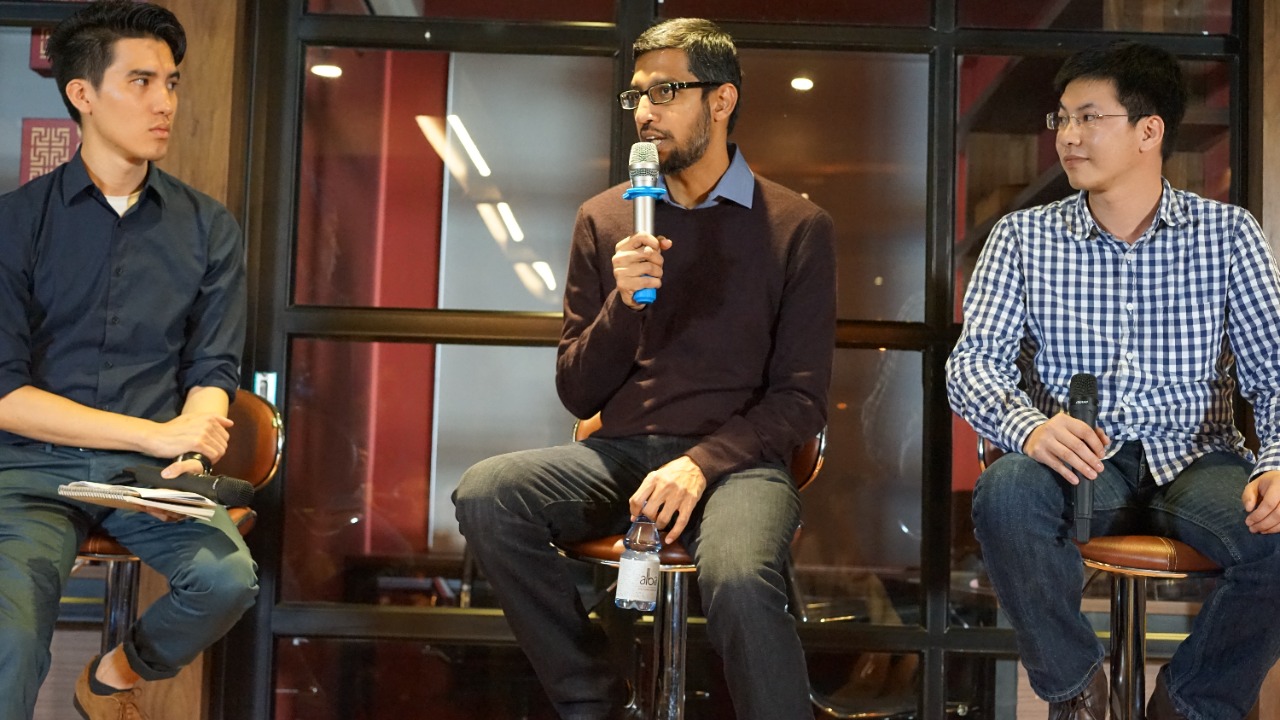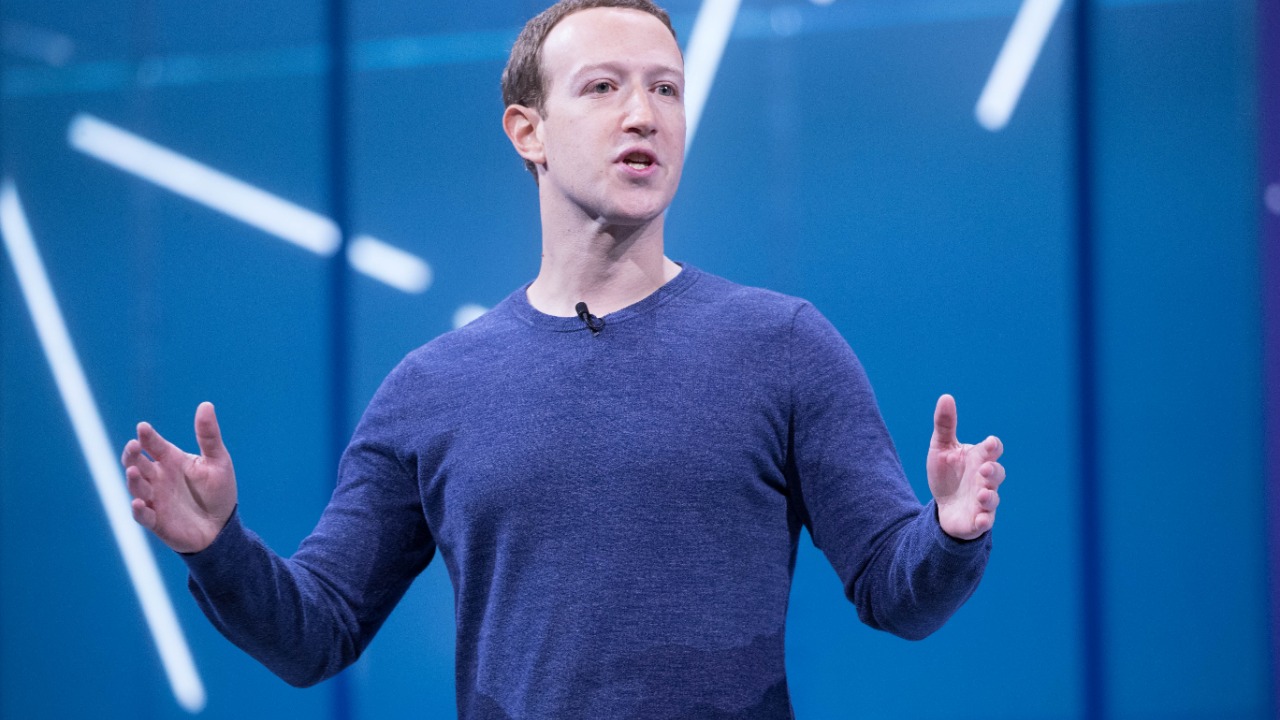Google, a global technology leader, is currently under scrutiny for allegedly censoring independent news applications. These claims have ignited a debate over freedom of speech and the neutrality of tech platforms in an increasingly digital world.
Understanding the Allegations Against Google

Google has been accused of censoring independent news apps, a move that critics argue undermines freedom of speech and the neutrality of digital platforms. As an example, the BBC reported that Google removed several independent Turkish news apps from the Google Play Store, which was seen by some as a political move in line with the government’s crackdown on independent media in the country.
The criteria Google uses to determine which apps are censored or removed is another point of contention. Critics argue that the tech giant’s app review process lacks transparency and consistency, which has led to arbitrary removals. Google claims that apps are only removed if they violate their policies, but some independent news outlets believe they are being targeted unfairly. The Freedomhouse report on Google’s actions in Turkey further illustrates these concerns.
The Impact on Independent News Outlets

The alleged censorship by Google can have a significant impact on the operations of independent news outlets. When apps are removed from the Google Play Store, they lose access to a global audience, resulting in decreased visibility and potential loss of revenue. Furthermore, the censorship can stifle the voice of these outlets, limiting their ability to report on contentious issues and reducing the diversity of news available to the public.
Case studies of specific news apps that have been censored or removed further highlight the impact. For instance, the independent Turkish news app, OdaTV, claimed its removal from the Google Play Store was politically motivated, which Google denies. Such incidents raise questions about the potential impact on the diversity of news and information accessible to the public.
Google’s Response to the Accusations

In response to these allegations, Google maintains that it operates with transparency and does not discriminate against any apps based on their content, as long as they comply with their policies. The company has repeatedly stated that decisions to remove apps from the Play Store are based on violations of their policies, not on political or any other external considerations.
However, the controversy has prompted Google to revisit its policies and processes. The tech giant has promised to improve transparency and provide clearer guidelines for developers to avoid misunderstandings and potential conflicts. While these proposed changes are a step in the right direction, it remains to be seen how they will be implemented and whether they will address the concerns raised by independent news outlets.
The Broader Debate on Tech Censorship

The allegations against Google are part of a broader debate on tech censorship and the power that tech companies wield over information dissemination. As highlighted in a Springer link, tech giants like Google, Facebook, and Twitter have unprecedented control over what information is seen, shared, and discussed on their platforms. This power raises serious concerns about the potential for censorship and the impact on freedom of speech.
Potential solutions to limit the power of tech giants include stricter regulations and greater transparency. Some have suggested breaking up the tech giants to reduce their control over information. However, these proposals face significant challenges, including resistance from the tech companies themselves and the global nature of their operations, which makes enforcing regulations difficult.
Legal and Ethical Implications

The allegations against Google have legal and ethical implications as well. From a legal perspective, the HeinOnline document explores potential violations of competition law in the context of Google’s dominance in the app distribution market. If found guilty, the tech giant could face hefty fines and restrictions on its operations.
From an ethical standpoint, the tech giant’s alleged censorship raises concerns about freedom of speech and information access. As examined in an SSRN paper, tech censorship can lead to a homogenization of content, limit diverse voices, and undermine democratic discourse. The long-term implications of these practices on society could be profound and far-reaching.